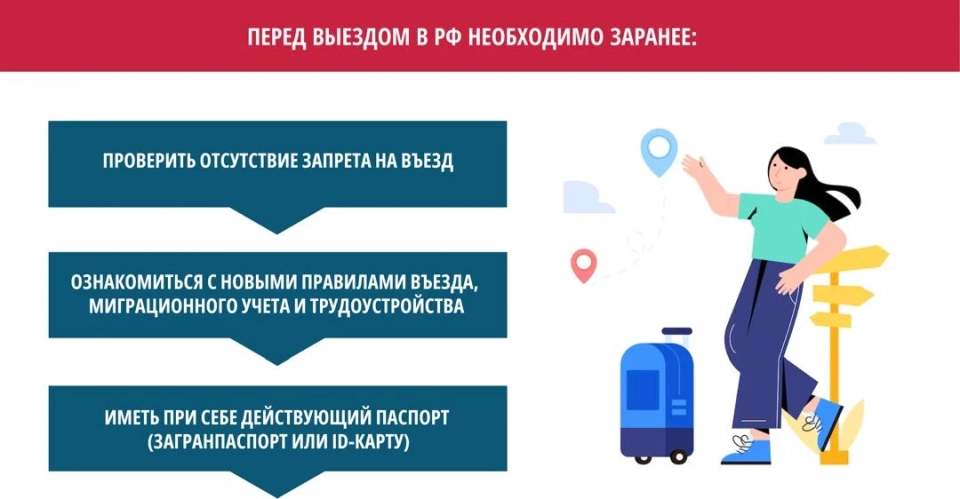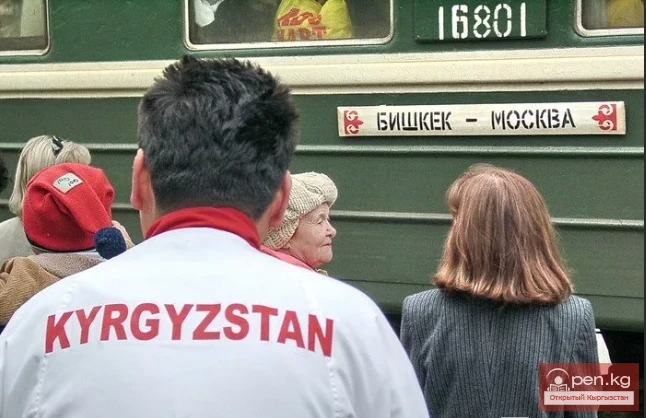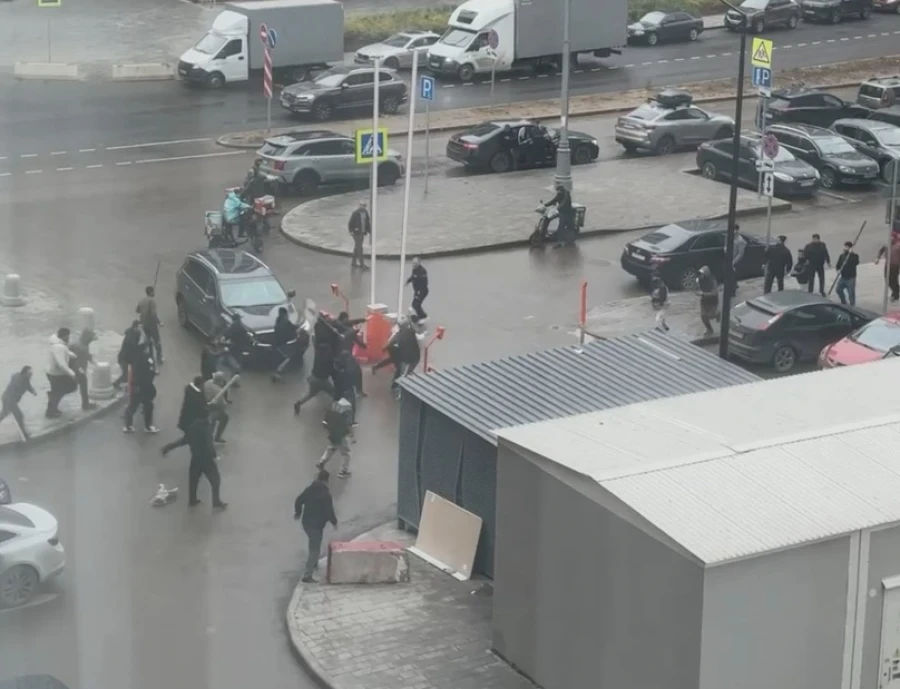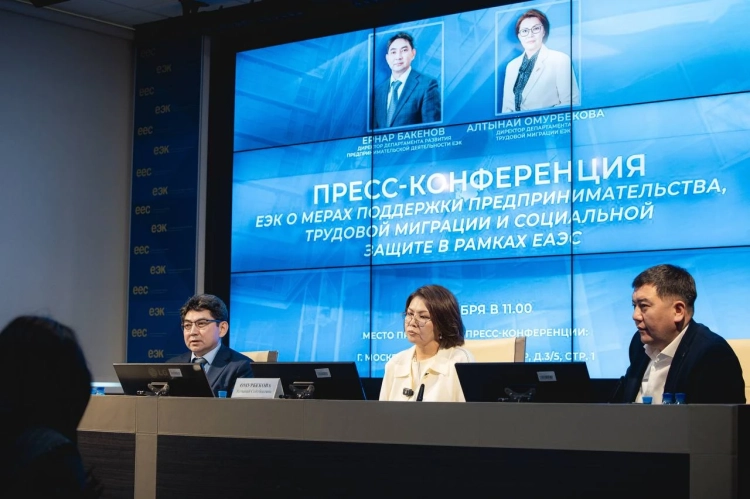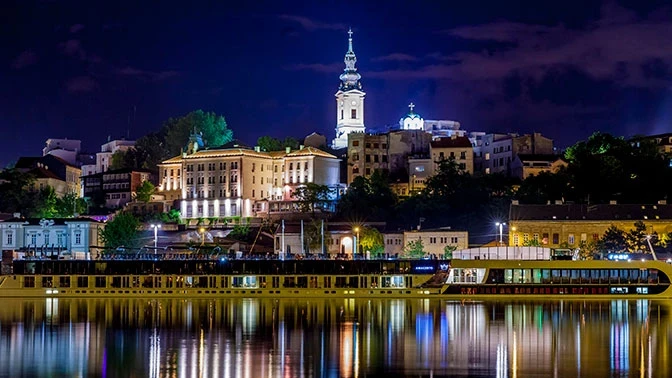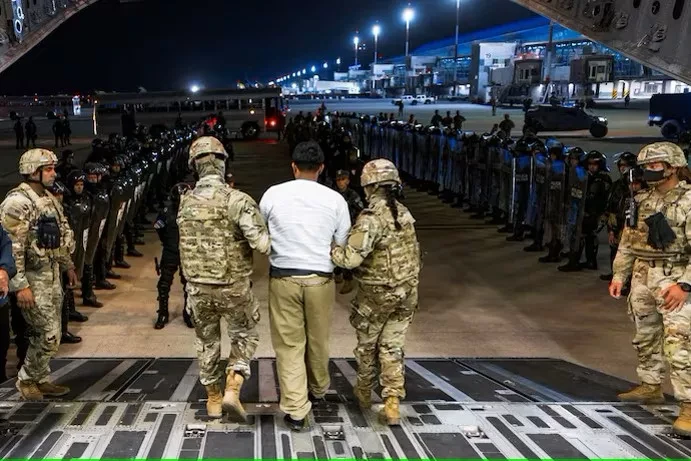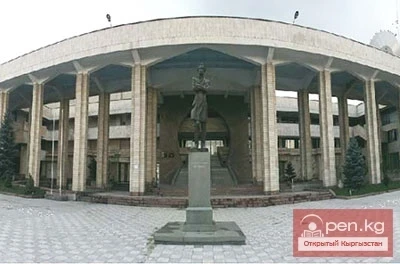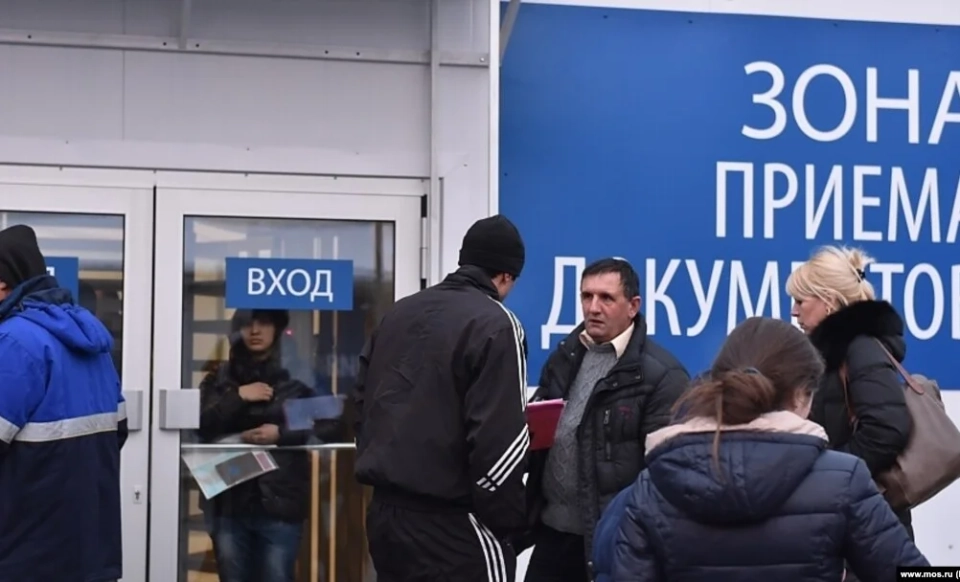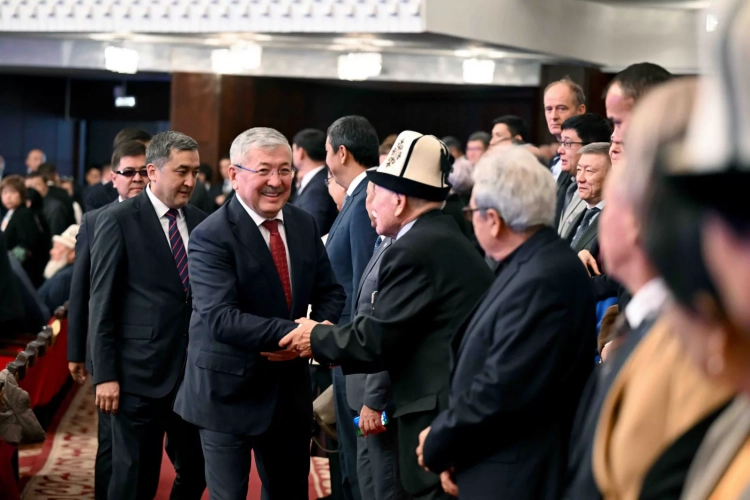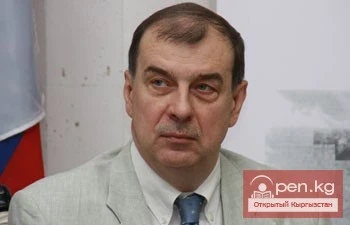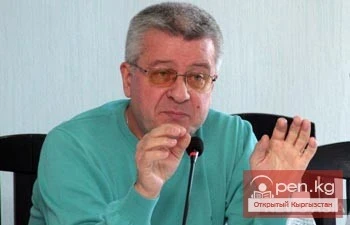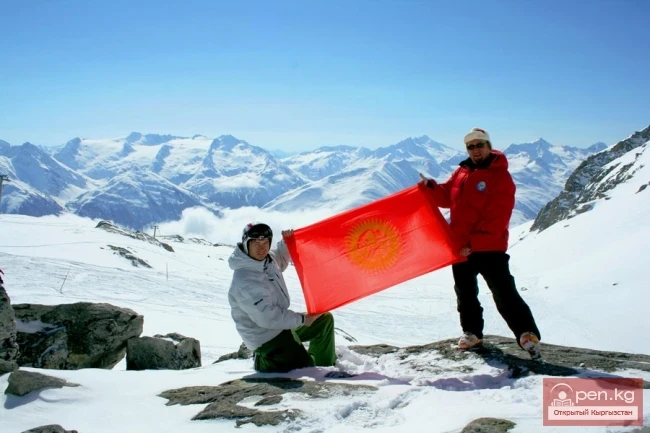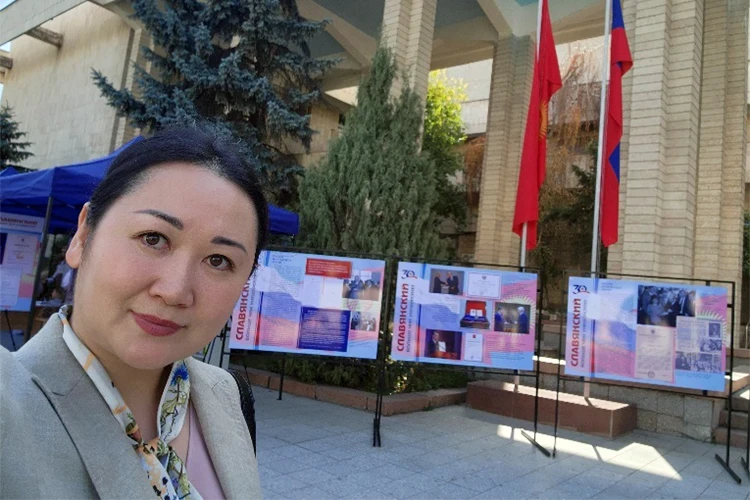
In this material, cultural expert Irina Tsoi shares her insights on how migrants can better adapt to a new cultural and social environment.
Cultural expert Irina Tsoi
"New Rules of the Game"
"Adapting for a migrant to a new cultural and social environment is like switching to new rules in a sports game. For example, if you used to play volleyball, now you have to play football. The ball is similar, but the rules and approaches are completely different. Players must use their feet instead of their hands and speak a different language," explains Tsoi.So what needs to be done? Study the new rules, the language of communication and gestures, understand the strategy and tactics, adapt to the team, recognize your contribution, and ultimately enjoy the new "game."
Russia is a vast country where many cultures and traditions are concentrated, often contradicting each other. Therefore, stereotypes about the Russian people do not always correspond to reality.
Much depends on the region you are in. Understanding the differences between the center and the periphery, city and village influences the style of communication. According to Irina Tsoi, differences in the level of development and traditions of the population play an important role in communication.
Common Stories
A significant number of Kyrgyz people live in Russia. Most labor migrants work in transportation, catering, cleaning services, and construction—industries that are easily found at every turn.There are ethnic communities, national centers, and diasporas that organize Days of Kyrgyz Culture and festivals of nomadic cultures. However, for successful integration into a new society, it is important to expand one's social circle beyond the immigrant environment, notes the cultural expert.
"For decades, there have been certain biases against migrants from Asia among the local population. Despite the diversity of countries of origin, locals often group all migrants from Central Asia into one category, leading to misunderstandings and conflicts," she explains.
The cultural traditions of Kyrgyzstan and Russia differ significantly, but it is worth remembering that historically, the fates of both countries have been intertwined from Soviet times to independence.
The older generation has memories of a shared past when ideas of collectivism and social responsibility were relevant, and "friendship of peoples" was viewed positively. This generation takes pride in the united victory of the peoples in the Great Patriotic War.
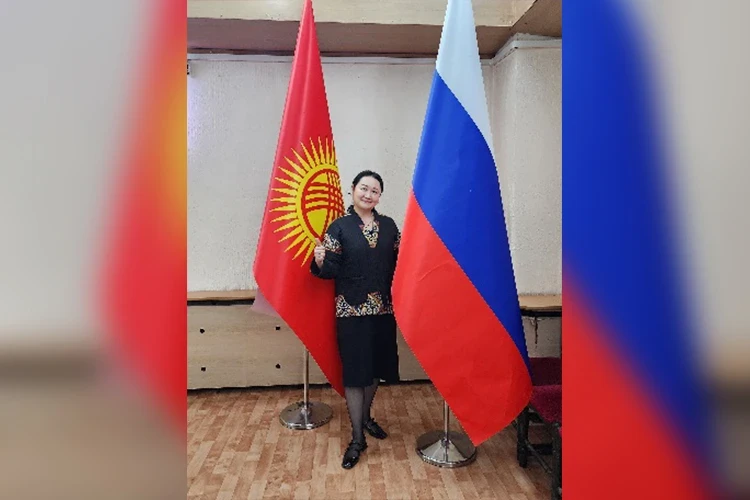
Middle-aged people, both in Kyrgyzstan and Russia, have experienced a time of instability associated with perestroika and the collapse of the USSR. This generation has learned to compete in a capitalist environment and has also faced the transition from social assistance to economic changes.
Youth find much in common in interests and topics thanks to social networks, which promote their openness and mobility. Their priorities are focused on high technologies and new opportunities for self-realization," she adds.
Language Barrier
Irina Tsoi emphasizes that politeness and speech norms of the Russian language require appropriate forms of address, phrases, and expressions."Interestingly, the Russian language in Kyrgyzstan is often maintained at a higher quality than in some regions of Russia. Kyrgyz citizens acquire higher standards of literary language through education and media. Therefore, many migrants do not experience difficulties in communication and sometimes even surpass native speakers in literacy," she asserts.
If language difficulties arise, there are many accessible courses available for learning it. Local organizations offer free classes in Russian as a foreign language.
Passing exams in the Russian language and the history of the country is mandatory for obtaining Russian citizenship. When going through passport control, it is important to be able to answer basic questions about oneself and the purpose of the trip in Russian. Parents should be prepared for their children to be questioned about the accompanying adult as well. To facilitate communication in a Russian-speaking environment, migrants often use Russian names, considering the difficulties in pronouncing Eastern names," she adds.
Social Norms
Note
The migration policy for 2026-2030 has been approved by the President of Russia.
The social hierarchy in Russia is present, but it is less pronounced than in Kyrgyzstan.
"This applies to both interactions between different age groups and the 'boss-subordinate' relationships. Gender differences, on the contrary, are less noticeable, although men may show politeness towards women, which is not always related to personal interest," says Tsoi.
Social distance can be traced in forms of address using "you" or by name and patronymic, as well as in mentioning positions. Individualism, unlike Eastern cultures, is more pronounced—personal interests often take precedence over public ones. Each organization has its own values and rules, which influences the style of communication in the workplace," concludes the cultural expert.
On Adhering to Norms
In Russia, as in Kyrgyzstan, there is a law on freedom of religion."However, Orthodoxy in Russia holds special significance, just as Islam does in Kyrgyzstan. Islam is the second-largest religion in Russia, with about 14.5 million believers, concentrated regionally in the Volga region, North Caucasus, and Siberia. Sunni Islam predominates in Russia," explains Irina Tsoi.
If it is necessary to perform Muslim rituals, it should be done in a way that does not attract unnecessary attention, as is customary in secular states. This also applies to appearance—clothing should not hinder identification, and facial hair should not obscure facial features," she adds.
Legacy of the USSR
The educational system of Kyrgyzstan shows a clear connection with the Russian one."The levels of education—from primary school to higher education—are similar. Many standards are identical, and structures and academic calendars also coincide. Traditions in the relationships between teachers and students, such as distance and subordination, remain the same. In higher educational institutions, methodological approaches are also duplicated. There are quotas for CIS citizens in Russian universities," she notes.
The only obstacle to admission to universities is the result of the Unified State Exam (USE), while Kyrgyzstan uses its own testing system—the ORT. However, in Kyrgyzstan, it is also possible to take the ORT without going to Russia, which simplifies the admission process.
One should be mentally prepared for the fact that cultural shock may be inevitable.
New faces, differing manners, tastes, and living conditions, as well as changing natural and climatic conditions, can cause emotional and psychological discomfort.
Restraint and reliance on common interests and topics will form the basis for further relationship development. Differences can be not only "strange" but also interesting. Among all the requirements for migrants, civility and knowledge of their rights and obligations take precedence," summarized Irina Tsoi.
